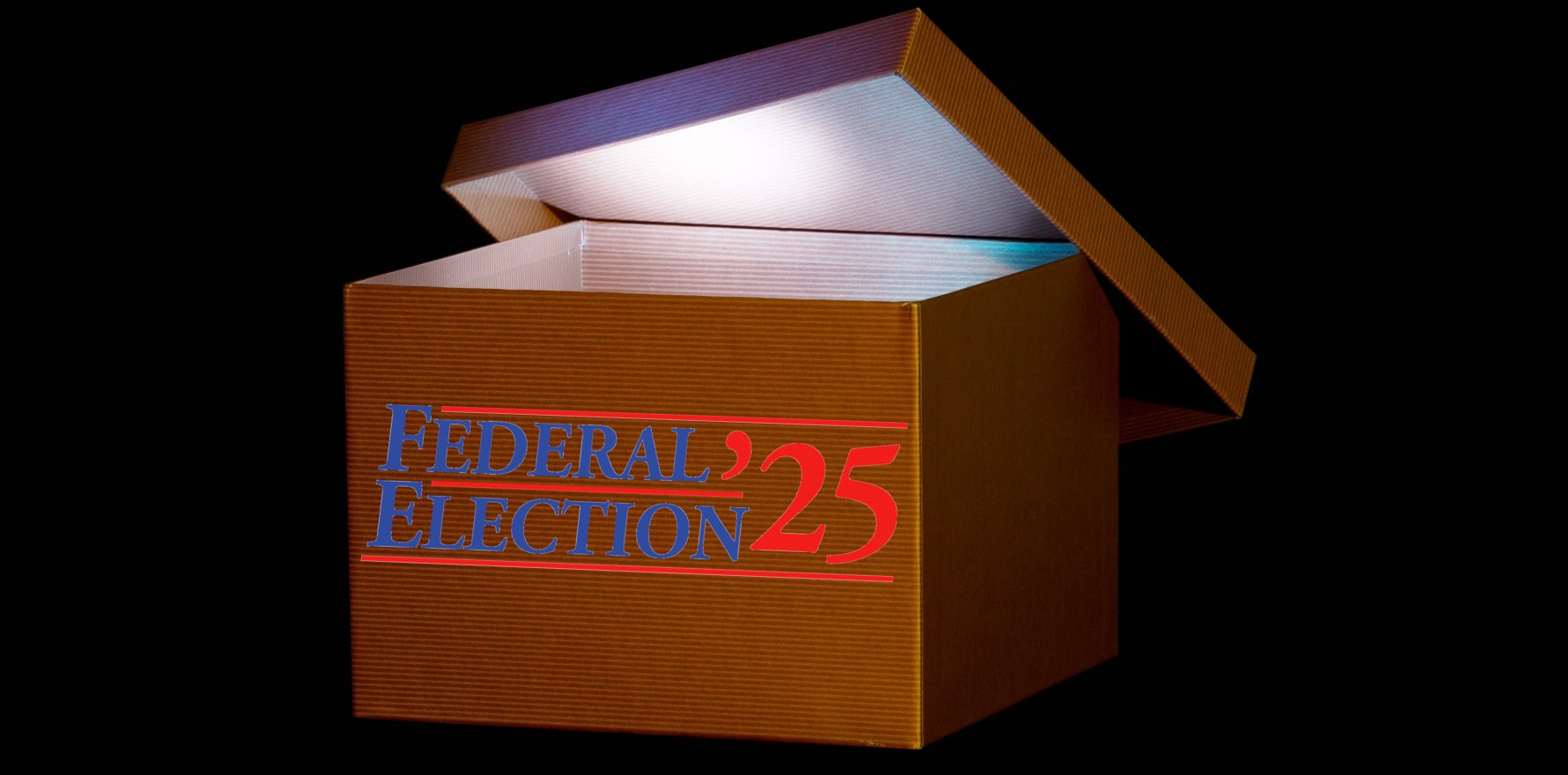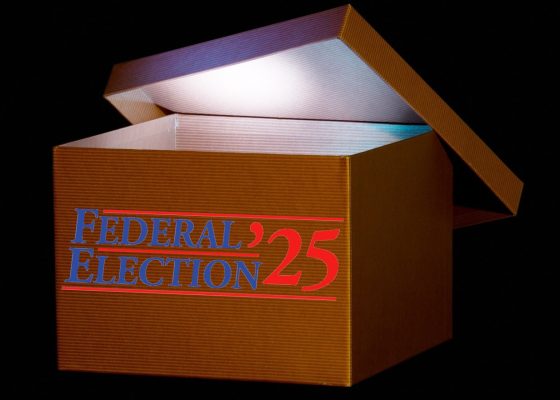The new $1 billion pledge from Labor seeks to address the ‘missing middle’ service gap for people with complex mental illness.
Federal Labor has earmarked a further $1 billion for mental health if they win a second term, almost a quarter of which will go toward expanding Medicare Mental Health Centres to “take pressure off” Better Access.
The funding package, which was announced today, would see $225 million to set up an additional 31 new or upgraded MMHCs, $200 million for 58 new or upgraded Headspace centres, $500m for 20 Youth Specialist Care Centres and $90 million for an additional 1200 mental health professional training places.
There are already 61 MMHCs either open or set to open by mid-2026, meaning the new investment would take the total up to 92.
In theory, each location is supposed to provide free on-call access to a psychologist and psychiatrist. In practice, there are no hard rules on the type of providers who work at each centre.
See the latest Election 2025 news all on one page, here
Despite what the name may suggest, Medicare does not play a role in funding these clinics.
Instead, staff are paid via block funding which runs through local Primary Health Networks.
Key to Labor’s pitch is that the new services will cater to the “missing middle” – people with complex mental healthcare needs who require an extra level of ongoing support, but not hospitalisation.
It defined this cohort as including young people with personality disorders, eating disorders and early psychosis.
“Providing more free, public mental health services for Australians with different levels of need will help to relieve pressure on the subsidised services provided by private psychologists,” Labor said.
“It will take pressure off the Better Access program, support psychologists to work to their full scope of practice and spend more time treating people with moderate and high needs.”
The biggest mental health commission from the Coalition so far this campaign has been a $500m proposal to increase the number of Better Access sessions to 20.
Federal health minister Mark Butler has long maintained increasing the number of subsidised sessions alone will only serve to make waitlists longer and gap fees higher.
If it’s the missing middle that the Coalition policy is targeting, Labor’s approach appears to hew more closely to the findings of the 2022 Better Access review, if not the exact recommendations.
While the review did recommend lifting the number of available appointments specifically for people with complex mental health needs, it also identified the missing middle as being particularly let down by the current system.
“Better Access was originally designed to improve clinical treatment and management for people who have mild to moderate mental health conditions, for whom short-term evidence-based interventions are most likely to be useful,” the review said.
“This is still its stated aim but the evaluation has shown it is not only serving this group but also people with more complex needs – the so-called the “missing middle” – who may require more treatment and support than is available through 10 or even 20 Better Access sessions, but who are unlikely to be seen by state/territory-funded mental health services (which are at capacity and serving consumers with the greatest levels of symptom severity and the highest levels of risk) and may not be able to afford private sector options.”
Groups like the Australian Clinical Psychology Association are in favour of additional services.
“ACPA has always argued that it shouldn’t just be Better Access then the two extremes of low intensity digital support and … state-based acute mental health services,” ACPA president Professor Caroline Hunt told The Medical Republic.
“Better Access is not going to fill in the gaps in between, and there probably is a need for more community-based mental health hubs.”
The 2025 election will be held on 3 May.



